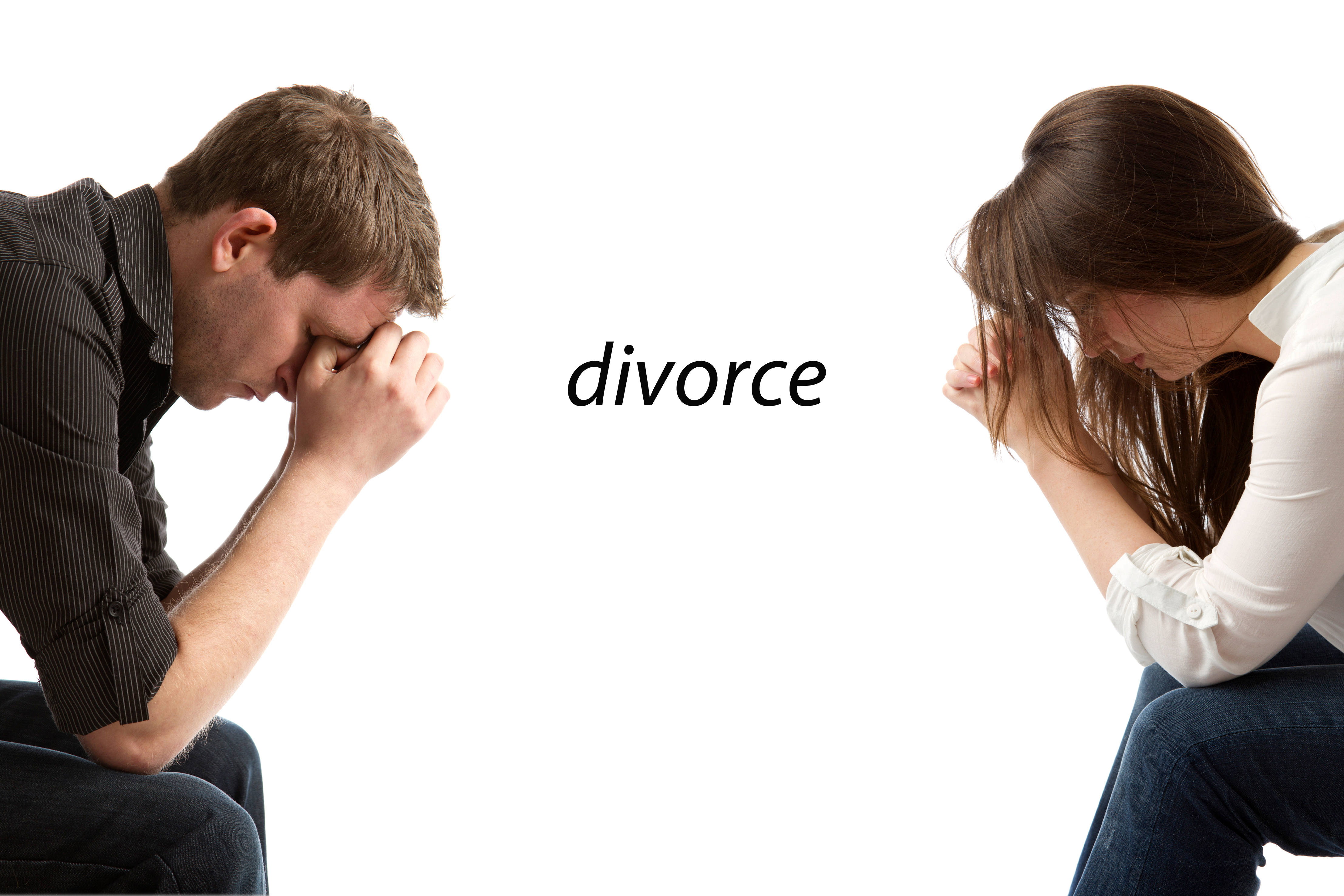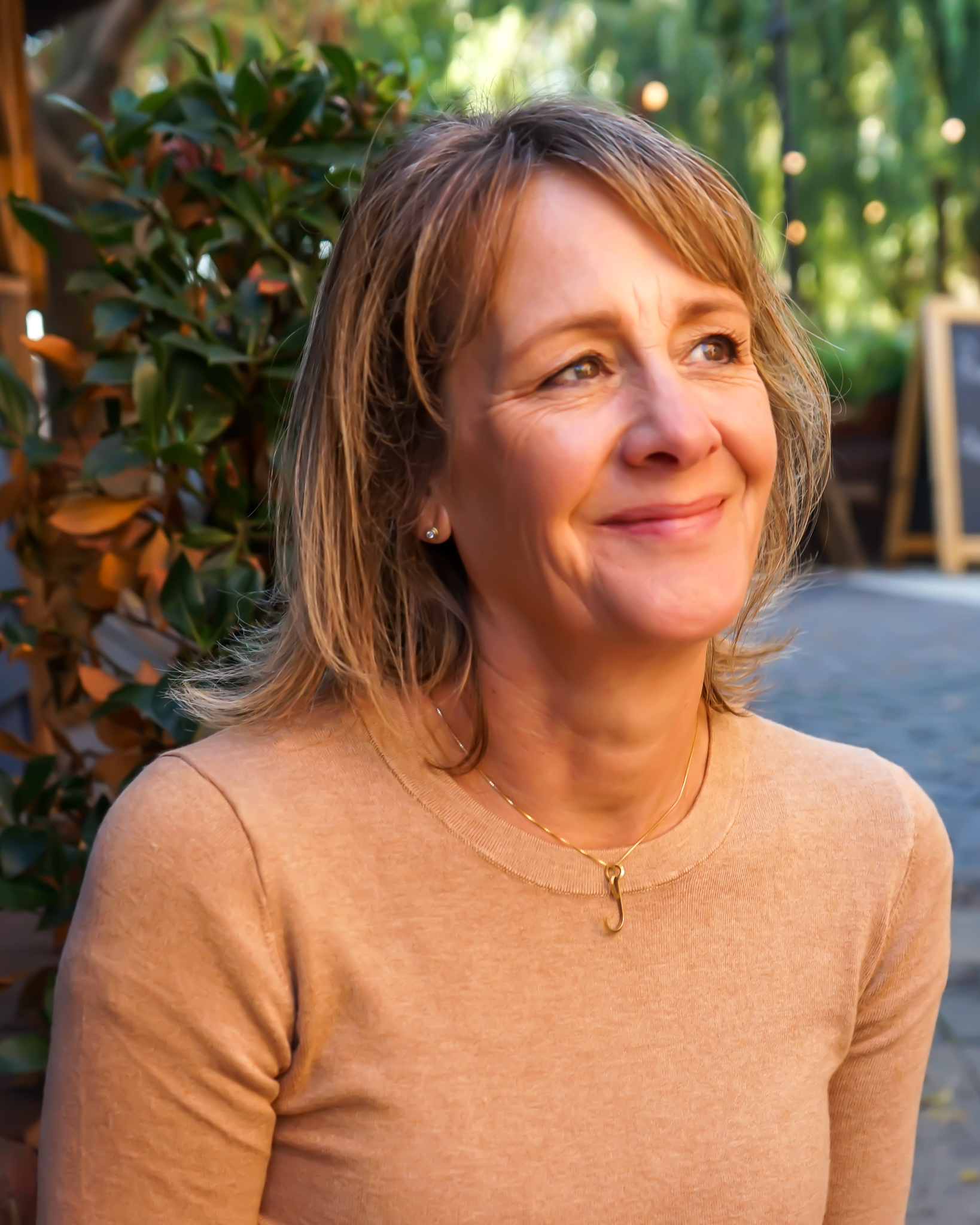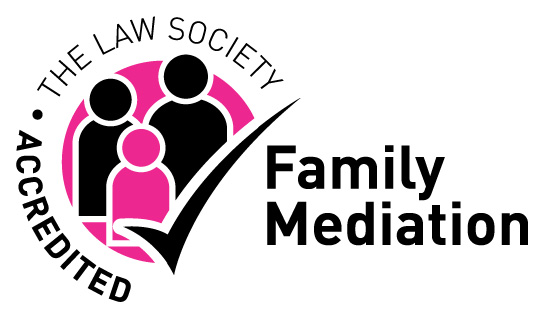
Divorce and the paradox of choice
You’ve made your choice, that is, you’ve made the decision to separate or divorce. Or perhaps you’re still undecided which is why you find yourself reading this? I imagine that you’re endlessly weighing up all the pros and cons, considering the impact that such a decision will have on you, your spouse and your whole family. No matter how certain you might feel, taking the decision to part is probably the biggest one you will ever make.
Having made the decision, you are then faced with a vast array of options out there in terms of taking this forward. In the past, most divorcing couples would first contact a lawyer, after all, isn’t that what everyone does? Today, it’s a very different story – whilst lawyers still take the majority of new enquiries, increasingly, other professionals are being involved and rightly so. The internet also provides a rich source of experts with an endless supply of sites offering cheap, hassle-free, efficient divorces, support for dads, support for mums and support for children, parenting advice, financial planning, financial advice and much more besides. It can be both exhausting to search and overwhelming to be faced with such a plethora of choice.
Choice is a wonderful thing, but too much choice can make it very difficult to make the right decision. Option paralysis can set in making it impossible to even think. In addition, the wider the choice with which we’re faced, the greater our expectations become. This means that even when we make the ‘right’ decision, we are often plagued by doubt along the lines of “how do I know that I made the right choice, what if there was something better?” Add to this, the natural, normal sense of chaos and muddle that occurs during divorce or separation and you can end up feeling confused, depressed and disorientated.
So, what’s the answer? In this situation, you might think that you want advice – and yes, sometimes it is important to seek legal or financial advice but invariably, what is most helpful is an opportunity to make informed decisions, individually or together. Informed decision making when you take responsibility for the choices you make, are far more likely to be lasting. Mediation or family consultancy provide an environment in which you can explore your options with the support of professionals who will reality test these options, help you make the right choices for you and your family and help avoid things spiralling to the point where a decision might be imposed upon you.







